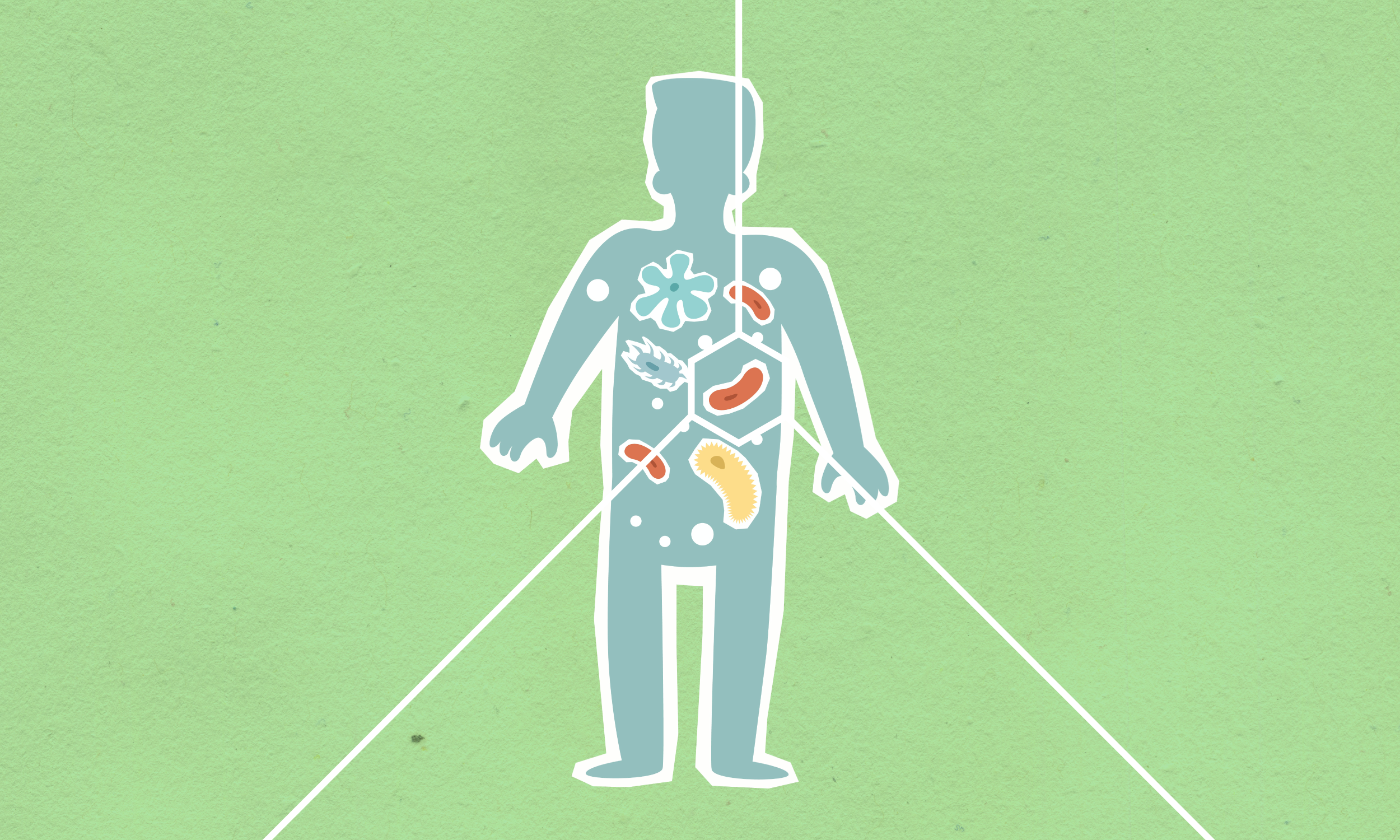
Our body is a complicated machine, a machine that we’re learning more and more about every day. One of the many functions of this well-oiled machine is autophagy. This process helps the body replace damaged cells and can slow down the effects of aging. Today, we will talk about what autophagy is, how you can induce autophagy, why fasting can induce autophagy, how to break a fast, and foods you can eat to induce autophagy.
What Is The Purpose Of Autophagy?
Think of autophagy as the body’s way of recycling old and damaged cells for newer, healthier cells. During autophagy, the body may even re-use some of the damaged parts elsewhere if it sees fit. The purpose of autophagy is to replace compromised cells that may pose a risk to your health.
The older you get, the more and more critical autophagy becomes. That’s because many overlook the importance of cellular health. Without bodily functions such as autophagy, your body is prone to damage from these rogue cells. By inducing autophagy, you can help slow down aging effects caused by damaged cells. In some instances, you may be able to reduce aging effects.
Why Should You Fast For Autophagy?
There are several different ways to induce autophagy, but one of the most popular methods is the autophagy fast. Fasting works because autophagy occurs when cells are starved of energy. During a period of fasting or restrictive eating, your body will run low on carbohydrates, causing your insulin levels to drop. When your body detects a drop of insulin, protein in your body will signal that it is running low on energy sources.
Many experts recommend short-term fasting periods if you’re looking to induce autophagy through caloric restriction. Not only is this method effective, but it’s more sustainable long-term than other fasting methods.
What Happens To Your Body During Autophagy?
When your body is in autophagy, your cells work to remove unwanted molecules and dysfunctional parts. As mentioned earlier, cells can either recycle these parts or destroy molecules to eliminate them altogether. Some signs that you’re experiencing autophagy may include:
- Elevated ketones
- Weight loss
- Reduced appetite
- Muscle loss
- Increased skin health
- Low blood glucose
What Breaks An Autophagy Fast?
When it’s time to break your fast, be mindful of the food you eat. While it may seem tempting, going to an all-you-can-eat buffet to break your fast is not the right choice. Instead, eat a well-balanced, nutritious meal in order to maximize the positive effects of your fast. Here are some of the foods we recommend:
- Smoothies
- Dried fruits
- Soups
- Vegetables
- Fermented foods
- Healthy fats
Eating healthy foods when breaking a fast can help your stomach get used to eating normally again.
What Can You Drink During Autophagy?
When it comes to fasting for autophagy, many of our customers ask what they’re allowed to drink. Unless you’re practicing a water fast (which is not required to induce autophagy), you can consume most low-calorie beverages. Here is what you can drink during autophagy:
- Water
- Broth
- Tea
- Coffee
- MCT oil
Be mindful of caffeinated beverages while fasting. Caffeine may cause lightheadedness and jitters on an empty stomach.
What Can You Eat During Autophagy?
There are certain different foods you can eat to induce autophagy. Many of these foods are high in a compound known as spermidine. Experts believe that spermidine can induce autophagy. Here are some of the foods you can eat to induce autophagy:
- Mushrooms
- Soybeans and soy products
- Wheat and whole grains
- Mushrooms
- Green peas
Can You Speed Up The Autophagy Process?
It should be noted that research regarding autophagy is still in its infancy. Therefore, researchers are unsure as to whether or not you can speed up the autophagy process. However, there are ways you can optimize autophagy. Here are some examples:
- Caloric restrictions
- Intracellular enzymatic reactions
- Anti-oxidants
- Avoid oils
- Exercise and oxygenate
- Restorative sleep
- Go outdoors
- Release trauma
How Long Can You Remain In Autophagy?
Another common question we get asked is, “how long do you need to fast to reach autophagy?” As mentioned earlier, it isn’t easy to jump to conclusions since autophagy research is still in its infancy. What we do know is that the time needed to induce autophagy will depend on certain factors.
The biggest factors determining how long you need to fast to reach autophagy include weight, height, gender, and lifestyle choices. Those who work out more and eat healthy may have to fast for less time than those who live a sediment lifestyle. How long you can remain in autophagy will depend on your caloric intake and the type of food you eat.
Supplements Can Help
A diet full of spermidine-rich food can help induce autophagy. Unfortunately, most Americans don’t get their recommended daily dose of spermidine. If you’re struggling to get your daily intake of spermidine, supplements can help. Here at spermidineLIFE®, we offer the world’s first award-winning spermidine supplement.







